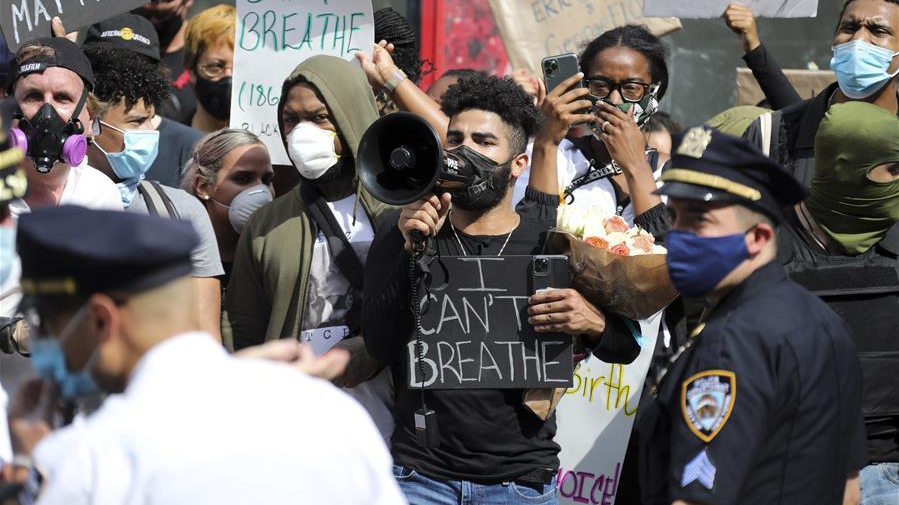Struggles of African-Americans in the US

Protests have already persisted for days across the US over the death of George Floyd, an unarmed African-American, at the hands of Minneapolis police. Demonstrators took to the streets - not only to express their outrage at the treatment of Floyd - but to call for rooting out racism.
The US has a long history of unfair and unequal treatment of African-Americans. This manifests in various ways. African-Americans are more likely to be treated as criminals. They are also treated differently in health care, education, and in the labor market. The statistics below further illuminate the hardships faced by African-Americans in the country nowadays.
Under US law

According to the US National Council on Crime and Delinquency, Black youths referred to juvenile court are likelier to be incarcerated or wind up in adult court or prison than white youth despite similar crime rates.
Black Americans make up roughly 30 percent of juvenile arrests and referrals to juvenile court as well as 37 percent of incarcerated juveniles, 35 percent of juveniles sent to criminal court and 58 percent of juveniles sent to adult prison.
African-Americans are arrested for drug use at a much higher rate than white Americans, although surveys show actual drug use is at similar levels in both groups.
In 2018, around 750 out of every 100,000 African-Americans were arrested for drug use, compared to around 350 out of every 100,000 white Americans, according to FBI and US Census data.
A number of studies have shown race influences the likelihood a defendant will receive the death penalty.
In Harris County, Texas, for example, the District Attorney's Office was more than three times as likely to pursue the death penalty against black defendants as their white counterparts, according to an analysis released in 2013 by University of Maryland criminology professor Ray Paternoster.


















